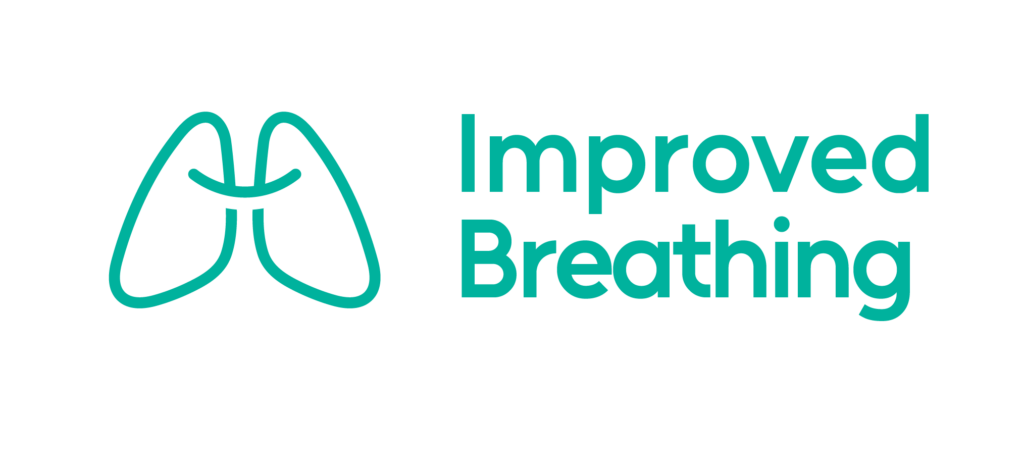Living with Chronic Obstructive Pulmonary Disease (COPD) or emphysema can be challenging, both physically and emotionally. These long-term lung conditions require ongoing management and care, which can sometimes feel overwhelming for those affected. However, there’s a powerful resource that can make a significant difference in the lives of COPD patients: the involvement of family and loved ones. In this blog post, we’ll explore why family support is crucial in COPD management and how it can lead to better outcomes for patients.
Understanding the Impact of COPD
Before delving into the importance of family involvement, it’s essential to understand the far-reaching effects of COPD. This progressive lung disease affects not only the patient’s breathing but also their overall quality of life. Simple tasks that many take for granted, such as climbing stairs or doing household chores, can become daunting challenges for those with COPD.
The physical limitations imposed by COPD often lead to:
- Reduced mobility
- Increased dependence on others
- Social isolation
- Depression and anxiety
These factors underscore the need for a strong support system, which is where family and loved ones play a crucial role.
The Benefits of Family Involvement
1. Emotional Support
One of the most significant contributions family members can make is providing emotional support. COPD can be isolating, and patients may experience feelings of frustration, sadness, or anxiety. Having loved ones who understand and empathize can make a world of difference. Family members can:
- Offer a listening ear
- Provide encouragement during difficult times
- Help maintain a positive outlook
2. Practical Assistance
Managing COPD involves various daily tasks and lifestyle adjustments. Family members can offer practical help in numerous ways:
- Assisting with medication management
- Helping to maintain a clean, smoke-free environment
- Preparing healthy meals that align with dietary recommendations
- Accompanying the patient to medical appointments
This practical support can alleviate stress for the patient and ensure that essential aspects of COPD management are not overlooked.
3. Motivation for Treatment Adherence
Family involvement can significantly improve treatment adherence. When loved ones are aware of the treatment plan, they can:
- Remind the patient to take medications as prescribed
- Encourage participation in pulmonary rehabilitation programs
- Support the patient in maintaining a regular exercise routine
- Help monitor symptoms and recognize when medical attention is needed
This collaborative approach to care can lead to better health outcomes and reduced hospitalizations.
4. Early Detection of Exacerbations
COPD exacerbations (sudden worsening of symptoms) can be dangerous if not addressed promptly. Family members who are educated about COPD can help detect early warning signs of an exacerbation, such as:
- Increased breathlessness
- Changes in the color or amount of sputum
- Increased coughing
By recognizing these signs early, family members can encourage the patient to seek medical attention before the situation becomes critical.
5. Lifestyle Support
Managing COPD often requires significant lifestyle changes. Family support can make these changes more manageable and sustainable:
- Encouraging smoking cessation and providing support throughout the process
- Participating in gentle exercise activities together
- Helping to create a home environment that minimizes exposure to irritants and pollutants
When the whole family adopts healthier habits, it becomes easier for the patient to maintain these positive changes.
How Families Can Get Involved
For families looking to support their loved ones with COPD, here are some practical steps:
- Educate Yourself: Learn about COPD, its symptoms, treatment options, and management strategies. The more you understand, the better equipped you’ll be to offer support.
- Attend Medical Appointments: Accompany your loved one to doctor visits. This allows you to ask questions, understand the treatment plan, and provide accurate information to healthcare providers.
- Create a Supportive Home Environment: Make necessary changes to the home to reduce exposure to irritants and make daily activities easier for your loved one.
- Encourage Independence: While support is crucial, it’s also important to encourage independence where possible. This helps maintain the patient’s sense of self-efficacy and dignity.
- Join Support Groups: Consider joining support groups for COPD patients and their families. These groups can provide valuable information, coping strategies, and a sense of community.
- Practice Self-Care: Supporting someone with a chronic condition can be emotionally and physically draining. Remember to take care of your own health and well-being too.
Final Words
The involvement of family and loved ones in COPD management is not just helpful – it’s essential. From providing emotional support to assisting with practical aspects of care, family involvement can significantly improve the quality of life for those living with COPD or emphysema.
By working together, patients and their families can create a supportive environment that promotes better health outcomes, reduces the risk of complications, and enhances overall well-being. Remember, you’re not just managing a condition; you’re supporting a person. With love, understanding, and active involvement, families can make a profound difference in the lives of their loved ones with COPD.














